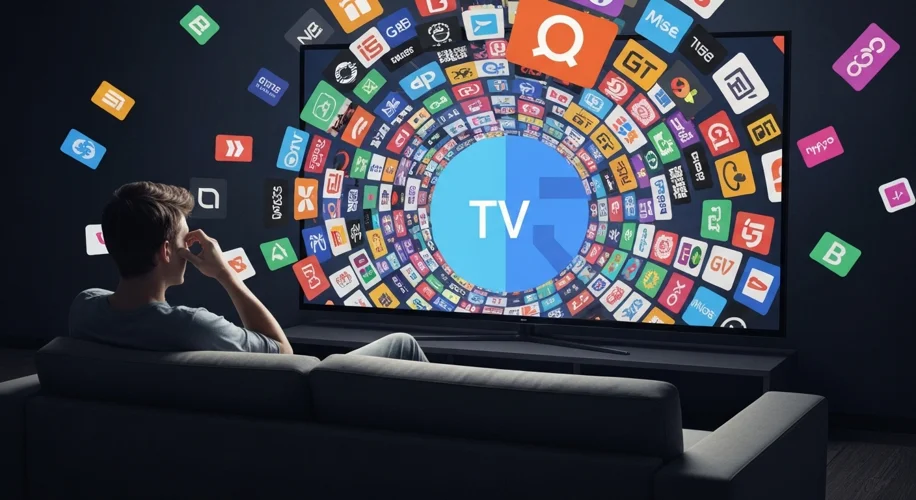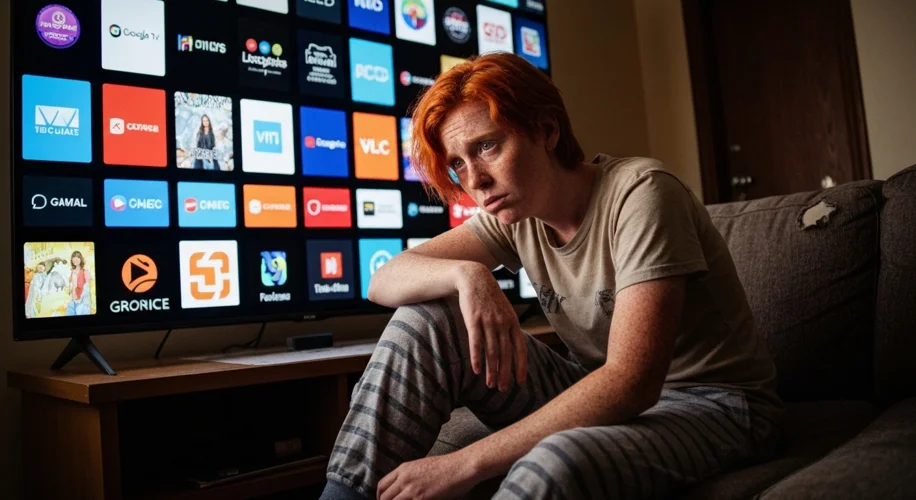In the ever-shifting landscape of technology, platforms rise and fall, often promising a revolution that never quite materializes. For Google, one such venture, Google TV, has experienced a journey marked by ambition, adaptation, and a persistent struggle to capture a dominant market share. As of August 7, 2025, the future of this smart TV operating system remains a subject of considerable debate, a testament to the complex ecosystem it navigates.
Google’s foray into the living room isn’t a new story. From Google Play Movies & TV to Android TV, the tech giant has consistently sought to be the conductor of our home entertainment orchestras. The initial iterations often felt like extensions of their mobile prowess, clunky interfaces and a focus on app ecosystems rather than a seamless viewing experience. The promise was always there: a unified hub for all your content, personalized recommendations, and the power of Google’s search engine at your fingertips.
The evolution towards Google TV was an attempt to rectify these shortcomings. Launched with much fanfare, it represented a significant pivot, aiming to move beyond a mere operating system to a true content discovery engine. The vision was grand: a personalized interface that would curate movies and shows from across all your streaming services, intelligently surfacing content you’d love before you even knew you wanted it. It was designed to be the ultimate remote, learning your preferences and eliminating the frustrating endless scroll.

However, the path to living room dominance is fraught with peril. Google TV, like its predecessors, faced an uphill battle against entrenched players. Roku, with its simple, user-friendly interface and broad device compatibility, had already carved out a significant niche. Amazon Fire TV, leveraging its Prime ecosystem and aggressive hardware pricing, also presented a formidable challenge. These platforms had years of head start in understanding user behavior and building partner relationships.
Key actors in this drama include the smart TV manufacturers themselves. While many embraced Google TV as a pre-installed solution, their own brand initiatives and proprietary interfaces often competed for screen real estate and user attention. This created a fragmented experience, where the Google TV vision was sometimes diluted by manufacturer customizations. Furthermore, the delicate dance between content providers and Google was crucial. Ensuring that all major streaming services seamlessly integrated and actively participated in Google’s discovery engine was, and remains, a continuous negotiation.
The inherent challenge for Google TV has been its identity. Is it a platform for finding content, an operating system for smart TVs, or an extension of the Google Assistant? While it strives to be all of these, the user experience can sometimes feel like a battle between competing priorities. The promise of a unified content discovery experience often stumbled on the reality of app silos and the licensing agreements that govern them.
Despite these challenges, Google TV has shown resilience and adaptability. Its integration with Google Assistant has become increasingly sophisticated, allowing for natural language searches and voice control that can truly simplify the viewing process. The platform continues to evolve, with updates focusing on refining the recommendation algorithms and expanding content partnerships. The recent push to integrate live TV options and further enhance sports discovery signals a renewed commitment to capturing a broader audience.
Looking ahead, the future of Google TV is anything but certain. Its success hinges on its ability to truly deliver on the promise of effortless content discovery, to seamlessly integrate with the burgeoning world of live streaming and gaming, and to offer a user experience that is both intuitive and compelling enough to dethrone established rivals. The battle for the living room is far from over, and Google TV, with its considerable resources and innovative spirit, remains a player to watch, even as it navigates the unscripted drama of the smart TV market.
The story of Google TV is a microcosm of the broader struggle in the tech world: the constant pursuit of the next big thing, the challenges of ecosystem building, and the enduring quest to simplify the complexities of modern life. Whether Google TV can finally script a success story or become another chapter in the annals of ambitious but ultimately overshadowed platforms remains to be seen.

